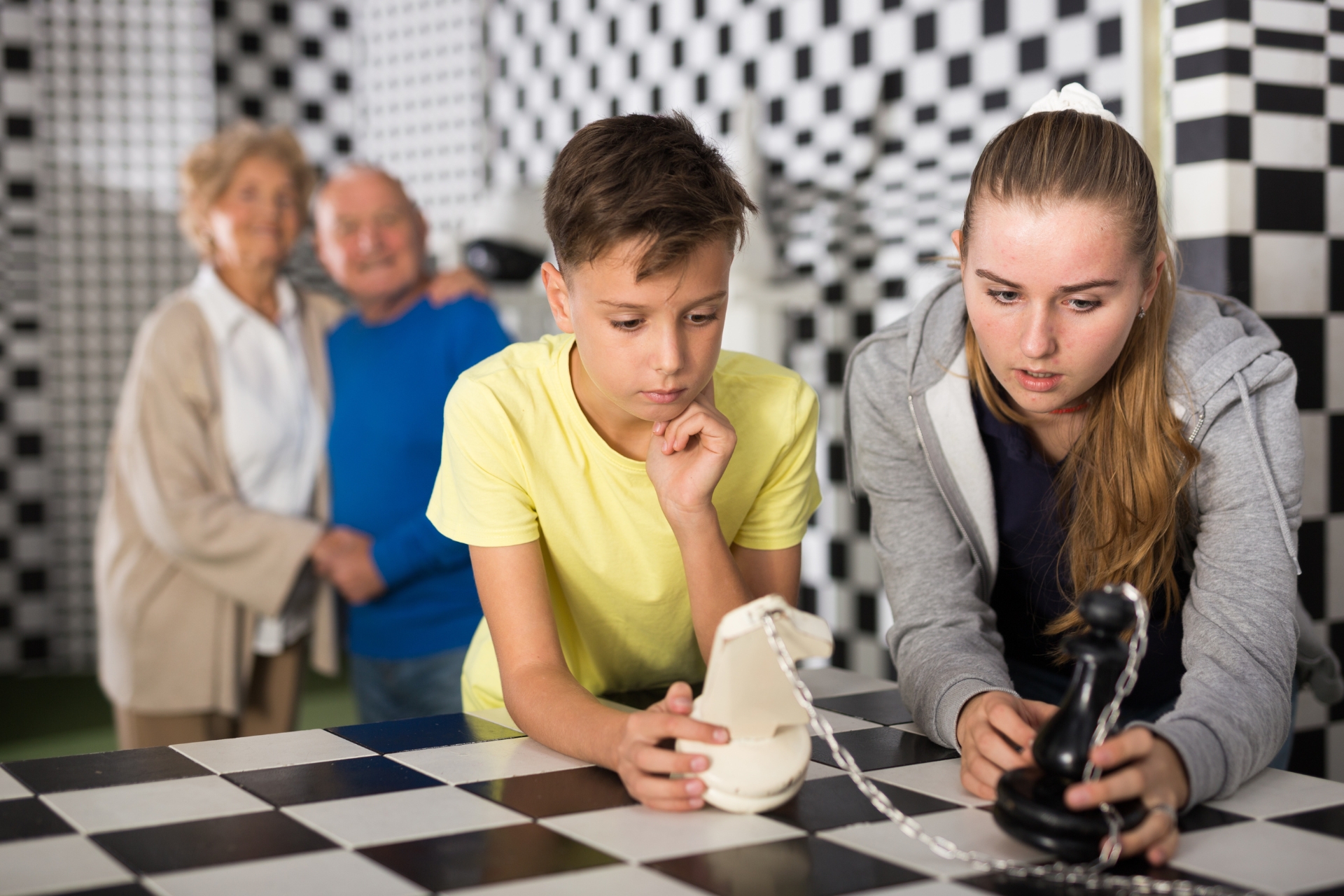

In today’s fast-paced world, fostering creativity and collaboration within teams has become essential for success. Businesses are increasingly looking for innovative ways to inspire their employees, and one unique approach has emerged: escape rooms. These immersive experiences not only offer fun and excitement but also serve as powerful tools for team-building and creative problem-solving. One of the standout options in this domain is the Savannah escape room, known for its engaging puzzles and immersive environments. In this article, we will explore how participating in escape room activities can significantly enhance workplace culture by promoting creativity and collaboration.
Escape rooms are designed to challenge participants to solve a series of puzzles and riddles within a set timeframe, typically ranging from 60 to 90 minutes. These challenges require critical thinking, teamwork, and effective communication—qualities that are indispensable in any workplace. By stepping into a carefully crafted storyline, employees are transported to different worlds where they must work together to achieve a common goal. This environment cultivates a spirit of collaboration that can carry over into their professional lives.
One of the key benefits of escape rooms is their ability to foster creativity. When faced with a puzzle, participants are encouraged to think outside the box, considering various solutions and approaches. This is especially valuable in a corporate setting, where innovative thinking can lead to breakthroughs in product development, marketing strategies, and customer service. As employees engage in these creative problem-solving activities, they not only develop their own skills but also learn to appreciate the diverse perspectives and talents of their colleagues.
The Escape Company, a premier destination for escape room experiences in Savannah, is particularly effective in promoting these values. Their meticulously designed rooms incorporate themes ranging from mystery and adventure to horror and sci-fi, allowing participants to choose an experience that resonates with their interests. This variety ensures that teams can find a suitable challenge that fits their dynamics, making the experience even more engaging. Each room is equipped with intricate puzzles that require collaboration, ensuring that no one person can succeed alone. This necessity for teamwork emphasizes the importance of communication and collective problem-solving.
In addition to enhancing creativity and collaboration, escape rooms provide an excellent platform for team bonding. Participants often find themselves in high-pressure situations, where they must rely on one another to navigate challenges. This shared experience can help break down barriers, foster trust, and improve relationships among team members. As employees learn to depend on each other’s strengths, they also develop a deeper understanding of their colleagues’ skills and personalities, which can lead to improved collaboration back in the office.
Moreover, escape rooms can serve as a valuable assessment tool for managers. By observing how team members interact during the activity, leaders can identify natural leaders, effective communicators, and those who may need additional support in collaborative settings. This insight can inform decisions about team assignments, project roles, and professional development opportunities. The dynamic nature of escape rooms allows managers to see their employees in a different light, revealing qualities that may not be apparent in the day-to-day office environment.
Another significant advantage of participating in escape room activities is the opportunity for experiential learning. Unlike traditional training methods, which often involve lectures or seminars, escape rooms provide a hands-on approach to problem-solving. Employees engage in active learning, which can lead to better retention of skills and knowledge. When team members are fully immersed in an experience, they are more likely to remember the lessons learned and apply them in their work. This experiential learning can be particularly beneficial in industries that require quick thinking and adaptability.
Incorporating escape room activities into a company’s team-building strategy can also have a positive impact on employee morale and job satisfaction. As employees engage in fun, challenging activities together, they create lasting memories and strengthen their connections with one another. This camaraderie can translate into a more positive workplace atmosphere, leading to increased motivation and productivity. Additionally, the thrill of escaping from a room can serve as a refreshing break from the usual work routine, allowing employees to recharge and return to their tasks with renewed energy.
As more organizations recognize the importance of creativity and collaboration, incorporating escape rooms into team-building initiatives becomes a strategic advantage. Companies like The Escape Company are leading the way in offering unique experiences that not only entertain but also empower employees. By investing in these types of activities, businesses can cultivate a culture of innovation, trust, and teamwork that drives success.
In conclusion, the benefits of engaging in escape room activities extend far beyond the thrill of solving puzzles. They provide a dynamic platform for fostering creativity, improving collaboration, and building strong teams. Companies looking to enhance their workplace culture would do well to consider the transformative power of escape rooms. The Escape Company stands out as a prime destination for teams seeking to unlock their full potential through fun and engaging challenges. Embrace the opportunity to elevate your team’s dynamics and watch as they thrive both inside and outside the office, all thanks to the enriching experiences offered by escape rooms.
For more information about the exciting experiences available, visit The Escape Company today.





